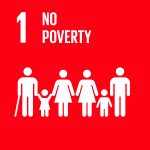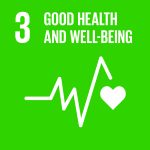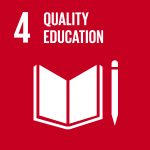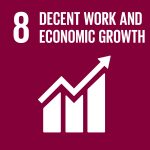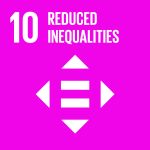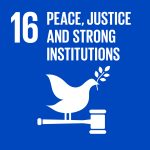Holistic Education for Indigenous Communities
Description
Institution
Kalinga Institute of Social Sciences
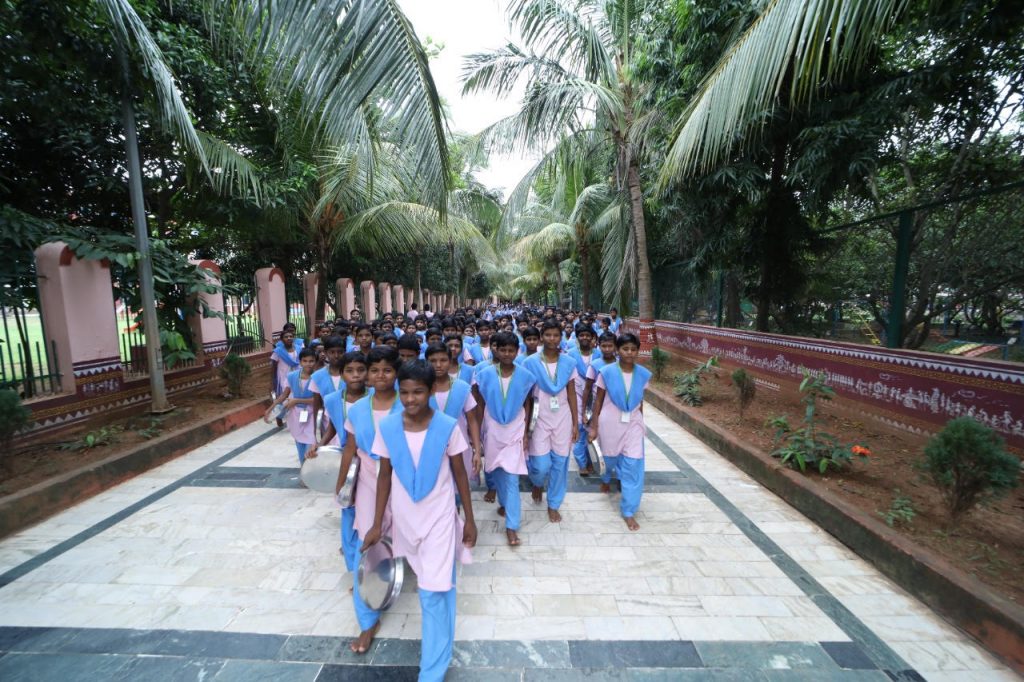
Organizations/areas of the university involved
Holistic Indigenous People Education
Country
india
Kalinga Institute of Social Sciences (KISS) has been working incessantly to arrest poverty and alienation through holistic education to indigenous communities. It also restores sustainable culture and livelihood.
Kalinga Institute of Social Sciences is the world’s largest institute for 30,000 marginalized indigenous students. It is located at Bhubaneswar, Odisha and holds Special Consultative Status with United Nations. As a model institution in the country meant for indigenous population (covering 62 tribes including 13 primitive tribes), it provides education (from Kindergarten to PhD), accommodation, food, health care, vocational training (farm and non-farm sector), sports amongst others to the students totally free of cost. KISS catchment area is conflict zone of armed insurgency where from indigenous children and youth are enrolled.
KISS undertakes keeping the contextual requirements in consideration. Some of the innovative programs include:
• Mother tongue based multi-lingual education;
• Focus on non-traditional indigenous sports ex. Rugby and archery;
• English Access Program provides foundation of English language;
• Earn while you learn as a means where children use their skills to develop various vocational products;
• Life skill education and Adolescent Reproductive and sexual health. After being declared as a Deemed to be University, it has become the 1st tribal / indigenous university in India. It focuses on teaching and research in unique and ‘Emerging Areas of Knowledge’ related to tribal culture, philosophy, heritage, science and technology, linguistics and literature and their link to diverse and multi-disciplinary modern fields of study. Work of the institute is directed towards creating “change agents” – a stronger generation of tribal people equipped with knowledge, basic life skills, etc. who go back to their communities to make a difference in the lives of people. KISS is providing a blueprint and acting as a model towards SDGs in action. It is working towards the goal of “Leaving no one behind”;
• Set up state of the art, sustainable and eco-friendly model of KISS schools in all tribal dominated districts of the state;
• Create KISS as a world class center of advocacy, research on indigenous people and a tribal knowledge resource center;
• To create KISS as a hub of sports for development by encouraging students to hone their sporting abilities and use it as a medium for their empowerment; and
• Create interlinkages between different sectors to ensure quality holistic education. former. skill development, vocational training, ending child marriages, etc.
Results and impact measured or expected
Over 30,000 indigenous children from the most backward and isolated areas of the state get education directly. KISS Promotes Holistic education, Girl child education, Vocational and, Health care, Livelihood and arrests-Armed insurgency (10350 children & Youth), malnutrition (37,000 children), Poverty (37,000 children), Child Labor (37,000 children), Early Girl Child Marriage (16000 girls) and Superstitious Practices, Human Trafficking (16000 girls), and Drop Out (about 20,000 children). Programs like English Access Program, Life Skill Education and Mother Tongue based multilingual Education are also imparted. KISS has seen representation of its students in various forums including at the World Rugby Sports and have also participated in national and international sports events and have also won awards. For external impact assessment various agencies, both Government and Non-government, undertake the task and Senior Fulbright Scholars conduct research and also impact assessment agencies. The success of this experiment has led the state Government of Odisha to set up similar educational institutions / complexes in various districts dominated by indigenous communities.
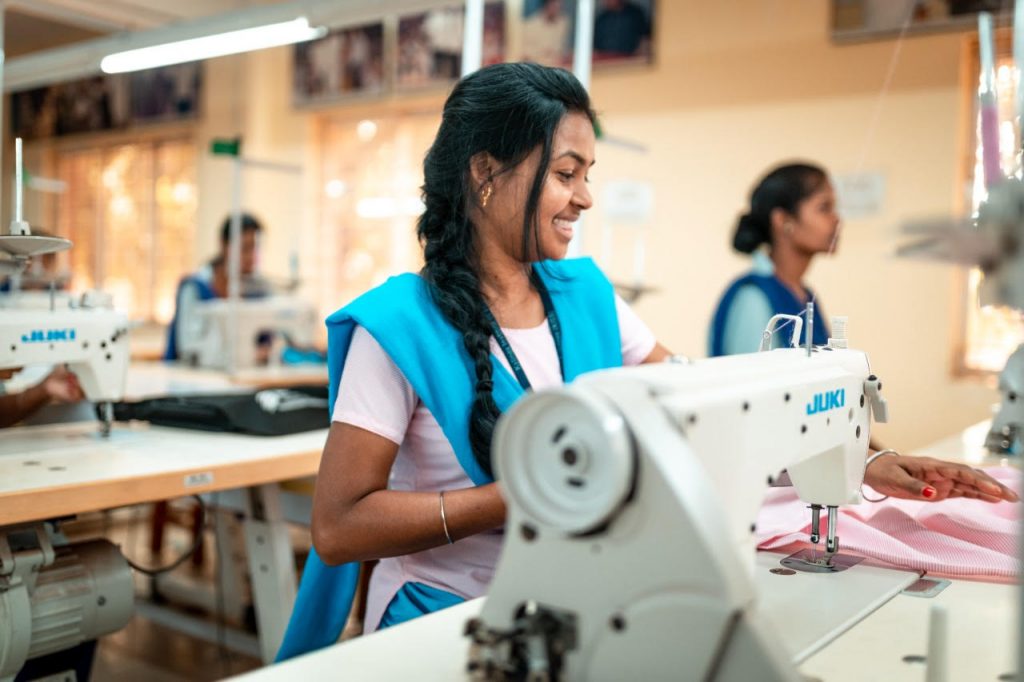
Tags
Connection with the SDG framework
The Nearly three decades of KISS contribution to Holistic Education has been a catalyst in transforming the communities by addressing various SDGs:
• To eradicate poverty holistic education and options for sustainable livelihood;
• Using the 3 E’s – Education, Enablement and Empowerment as a means for bringing about affirmative changes in the lives of indigenous communities;
• To prepare the indigenous youth to become ‘change agents’ for their communities;
• Ensuring due emphasis is given towards the survival of heritage, culture and language of indigenous communities;
• More inclusion of grassroot stakeholders primarily tribal population including parents;
• Top-Down Approach has been taken in terms of advocacy and influence policy decision issues related to indigenous people;
• Bottom-up Approach were undertaken through which more grassroots know-how and people will be given importance. Community opinion and aspirations will be taken into consideration; and
• More partnership for imparting holistic education to the indigenous children have been taken up.
Barriers and follow up
Since its inception, KISS faced challenges like superstitions against education, armed insurgency, drop-outs, malnutrition, recent COVID pandemic; The project through the years have been able to establish –
• Holistic education that is need-based and demand-driven specific to indigenous groups;
• Remain a catalyst to encourage education of all indigenous children and bringing the drop out rate to zero;
• Provision for self-employment, higher education or entrepreneurship activities after completion of education;
• Provision for providing mother tongue based multilingual education to the multi-ethnic, multi-cultural and multilingual children in their 1st language for cognitive development with addition of more languages for lifelong learning;
• Problems of malnutrition, health hazards arrested through provision of food and medical care;
• Building partnership for common endeavor and value additions undertaken; and
• Through out COVID period, KISS is reaching out to more than 30,000 student’s households to provide online teaching, nutritional food packages and study material in indigenous hinterland.
Transferability of the initiative
KISS has huge potential of scalability and replicability as the Government schools are replicating the value additions done by KISS. This model can be set up aligning with socio-cultural context:
• KISS model is being replicated in other regions of the state- both tribal hinterland and general population regions;
• KISS has scalable potential as sister concern KIIT University (stable self-financing University) is the perennial fund provider based on cross-subsidization (Sustainable Ecosystem);
• KISS model is on the verge of replication in Bangladesh, Nepal, Cambodia and Kenya. The process of its replication is on and this is a testimony of its best practices being acknowledged by other countries;
• KISS students have been selected in Indian sports to represent India to play in Commonwealth Games; and
• Girl child education, sports, entrepreneurship and leadership qualities are is a focus area in KISS. A testimony that institute has proliferated from mere less number of children to over 30,000 children and youth.

